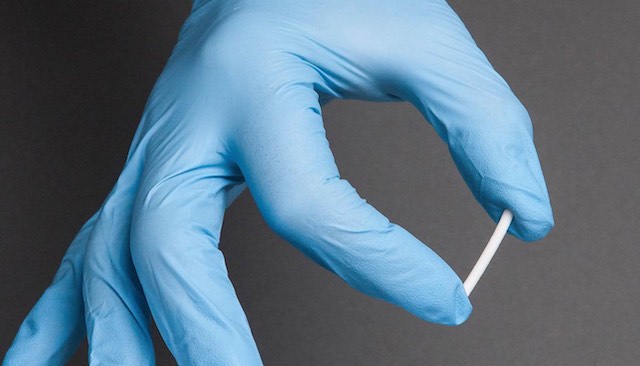The U.S. Food and Drug Administration approved the first buprenorphine implant for the maintenance treatment of opioid dependence. It is designed to provide a constant, low-level dose of the drug for six months in patients who are already stable on low-to-moderate doses of other forms of buprenorphine, as part of a complete treatment program.
Regular use of the drug reduces opioid withdrawal symptoms and the desire to use, without causing the cycle of highs and lows associated with opioid misuse or abuse. At sufficient doses, it also decreases the pleasurable effects of other opioids, making continued opioid abuse less attractive. According to the Substance Abuse and Mental Health Services Administration, patients receiving MAT for their opioid use disorder cut their risk of death from all causes in half.
RELATED: Kroger Makes Heroin Overdose Kit Available Without Prescription
However, as an implant, Probuphine provides a new treatment option for people in recovery who may value the unique benefits of a six-month implant compared to other forms of buprenorphine, such as the possibility of improved patient convenience from not needing to take medication on a daily basis. An independent FDA advisory committee supported the approval of Probuphine in a meeting held earlier this year.
“Opioid abuse and addiction have taken a devastating toll on American families. We must do everything we can to make new, innovative treatment options available that can help patients regain control over their lives,” said FDA Commissioner Robert M. Califf, M.D. “This approval provides the first-ever implantable option to support patients’ efforts to maintain treatment as part of their overall recovery program.”
CHECK OUT: 14 Years After Decriminalizing Heroin, Here’s What Portugal Looks Like
“Scientific evidence suggests that maintenance treatment with these medications in the context of behavioral treatment and recovery support are more effective in the treatment of opioid use disorder than short-term detoxification programs aimed at abstinence,” said Nora Volkow, M.D., director of the National Institute on Drug Abuse at the National Institutes of Health. “This product will expand the treatment alternatives available to people suffering from an opioid use disorder.”
President Obama proposed a 2017 budget that would spend $1.1 billion to expand programs for those addicted to heroin and prescription painkillers.
(WATCH the video below or READ more at NBC News)




















